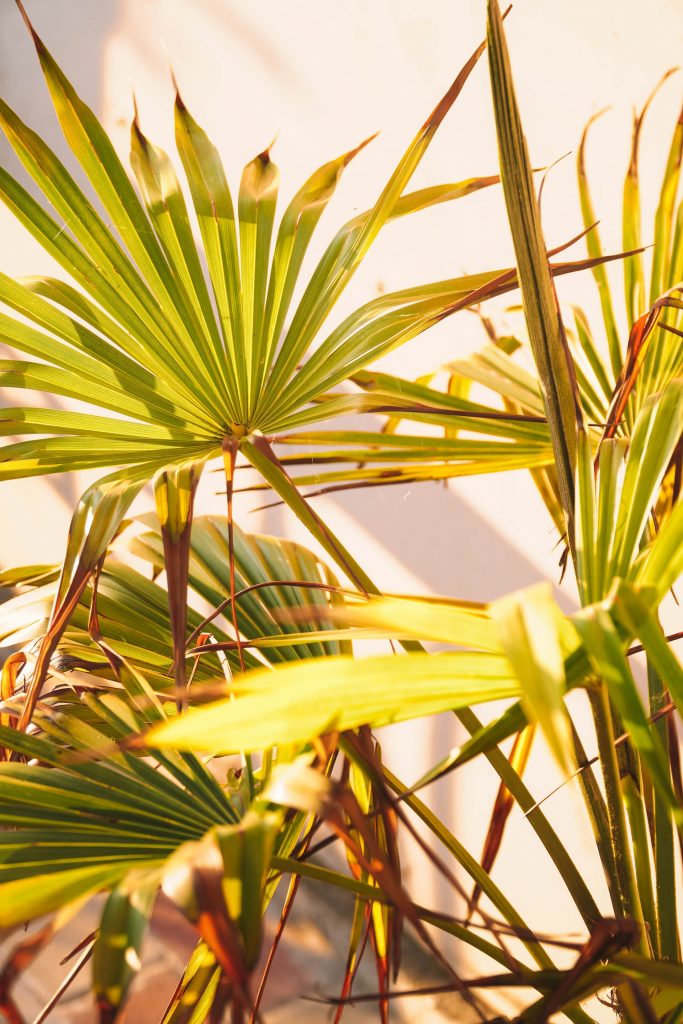Florida is known as the Sunshine State, but it’s more than just beaches and palm trees. In fact, Florida is home to some of the country’s most diverse ecosystems—and its native plants are uniquely adapted to survive in this climate. If you’re planning a landscaping project that involves your yard or garden, consider using native plants instead of non-natives or exotics (plants not native to Florida). You’ll be doing your part to help keep our state beautiful while also benefiting wildlife and saving water!
Florida’s native plants are uniquely adapted to our climate.
Florida’s native plants are uniquely adapted to our climate. They require less water, withstand drought and heat better than non-native plants do and provide food and shelter for wildlife.
Native plants also help prevent soil erosion by stabilizing the soil with their extensive root systems. They can also protect your home from damage caused by storm surges by absorbing wave energy before it reaches shorelines or flood plains.
Native plants help control erosion.
Erosion is a major problem in Florida. As the climate changes, erosion becomes more of an issue because heavy rains can cause soil to wash away and leave your yard without any nutrients. Native plants are more resistant to extreme weather conditions, which makes them an excellent choice for erosion control. Additionally, native plants help conserve water by using less of it than non-natives do and reducing runoff into nearby bodies of water such as lakes or rivers (where fish might be harmed).
Native plants provide shelter and food for wildlife.
Native plants provide food and shelter for wildlife.
Insects, birds, and other animals depend on native plants to survive. Native plants support the natural balance of our ecosystem by providing food for insects and birds–and they do it in a way that’s sustainable over time. When you plant native species in your yard or garden, you’re helping those animals thrive!
Native species aren’t just good for eating: they also provide shelter from predators like insects or birds that eat them; this protection allows them to live longer lives so they can reproduce more often than if they were exposed out in open areas where predators could easily spot them (or worse yet–eat them).
Native plants can be a great option for your yard and garden.
Native plants are a great option for your yard and garden. They can be beautiful, help the environment and even save you money!
Native plants have a long history of use in Florida. They’re well adapted to Florida’s climate, so they don’t require much extra care to thrive. Plus, they are often more colorful than their non-native counterparts.
When planting in your yard and garden, consider using Florida-native plants!
Planting native plants in your yard and garden is a great way to help the environment. Native plants are adapted to Florida’s climate, which means they require less water and fertilizer than non-natives. They also help control erosion by stabilizing soil on slopes and preventing flooding during heavy rains. For example, saw palmetto (Serenoa repens) grows along coastal areas where it provides shade for wildlife such as birds and alligators while also providing food for them when they eat its fruit.
Another benefit of using native plants is that they provide shelter for wildlife while also keeping them away from human areas like yards or gardens! For example, if you want to keep deer out of your yard but don’t want fences everywhere then try planting native shrubs such as buttonbush (Cephalanthus occidentalis), elderberry trees (Sambucus nigra), or various types of huckleberry bushes instead!
Native plants are an important part of Florida’s ecosystem and can be beneficial in your yard or garden. They provide food and shelter for wildlife, help control erosion and flooding, and have been shown to increase property values. If you’re interested in learning more about native plants or how to care for them, visit our website at forplants.co!



